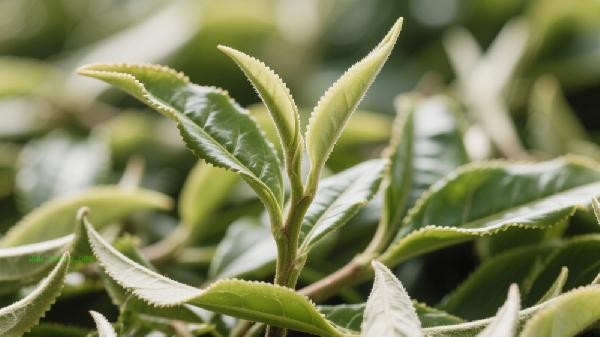Pregnant women should avoid using medicinal herbs such as safflower, musk, motherwort, horsehair, and croton. These medicinal herbs may stimulate uterine contractions or affect fetal development. Medication during pregnancy should strictly follow medical advice.

1. Saffron
Saffron has the effect of promoting blood circulation and removing blood stasis, which may cause strong uterine contractions. Exposure to safflower during pregnancy may increase the risk of miscarriage or premature birth, especially in the early stages of pregnancy, and should be absolutely prohibited. In traditional medicine, safflower is listed as a taboo medicinal herb for pregnant women, and modern research has also confirmed that its active ingredients have a stimulating effect on uterine smooth muscle.
2. Musk
Musk, as a potent meridian herb, may interfere with the balance of progesterone. Its volatile components can penetrate the placental barrier, and animal experiments have shown that they may cause abnormal embryonic development. According to ancient medical records, musk can cause fetal restlessness, and modern traditional Chinese medicine also lists musk ointment and other topical preparations as contraindications for pregnant women. Although motherwort is a commonly used gynecological medicine, its use during pregnancy may induce uterine contractions. This medicinal herb contains ingredients such as motherwort alkaloids, which can enhance the excitability of uterine smooth muscles. Postpartum use to promote lochia is safe and effective, but any dosage form should be avoided during pregnancy.
4. Ma Qian Zi
Ma Qian Zi contains toxic alkaloids such as strychnine, which may affect the development of the fetal nervous system through the placenta. Even trace use may cause toxic reactions such as muscle tremors and convulsions, and oral or external use is absolutely prohibited during pregnancy.

5. Croton
As a strong laxative, croton may cause pelvic congestion. The toxic proteins contained in croton oil may cause severe intestinal peristalsis, indirectly leading to uterine contractions and posing a risk of miscarriage.
The safety of medication during pregnancy should be taken with extra caution. In addition to the above-mentioned medicinal herbs, heavy metal containing cinnabar and realgar, as well as blood breaking herbs such as triangular root and turmeric, should also be avoided. It is recommended that pregnant women prioritize dietary therapy when experiencing discomfort. When it is necessary to use traditional Chinese medicine, it should be done under the guidance of a professional Chinese medicine practitioner, and each herb in the prescription should be strictly checked. In daily diet, it is important to avoid taboo medicinal herbs used as spices, such as large amounts of cinnamon and Sichuan peppercorns that need to be dried in moderation. Maintain balanced nutrient intake, regularly monitor fetal development during prenatal check ups, and seek medical attention promptly if any abnormalities are detected.









Comments (0)
Leave a Comment
No comments yet
Be the first to share your thoughts!